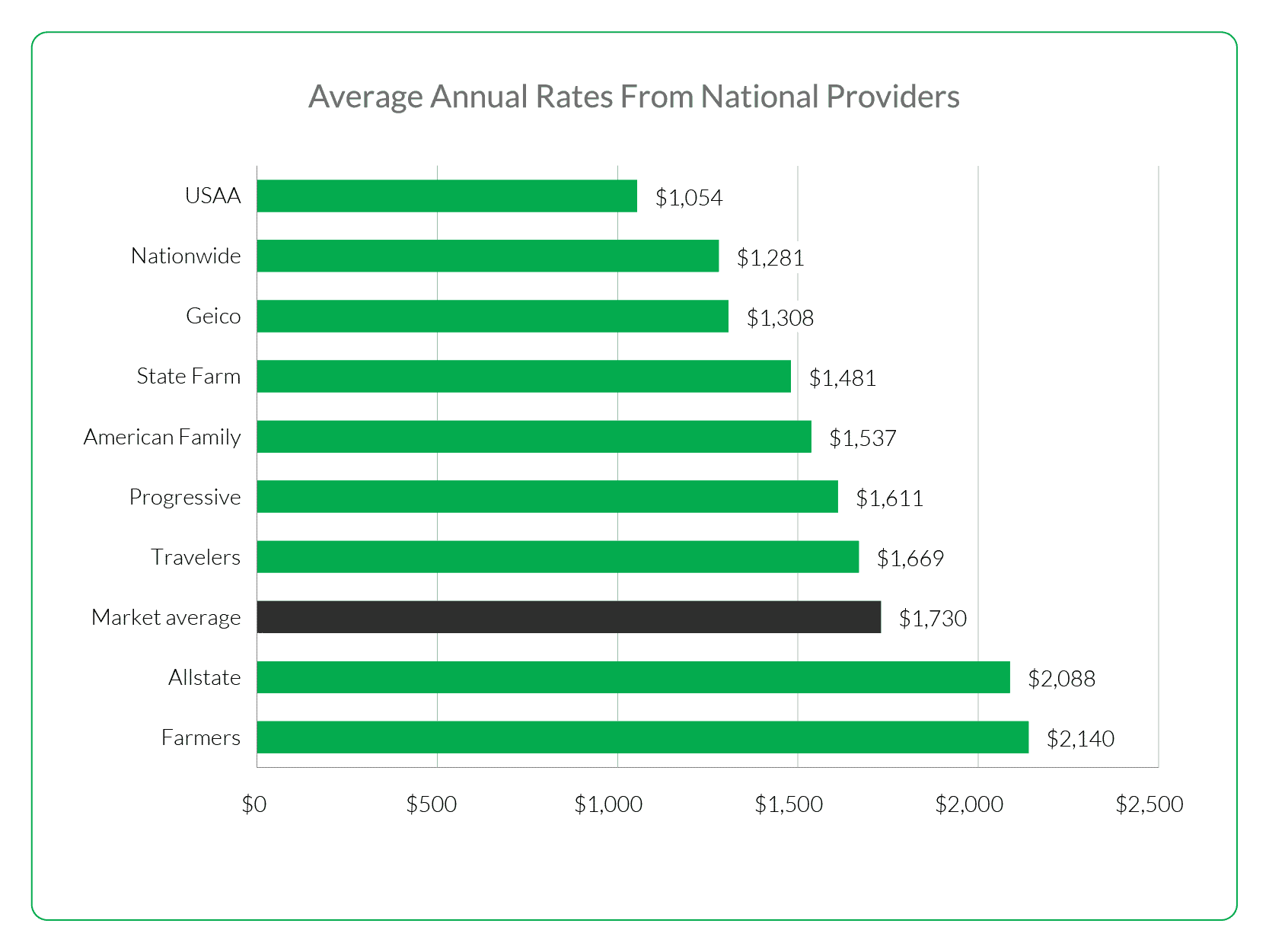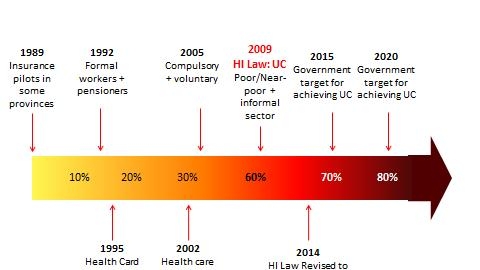
There are many definitions of healthcare that can be confusing. This information is intended to assist you in understanding the process.
A unique provider organization (EPO), a type of health plan, is one that combines both the features of a HMO with a PPO. This type of plan can store electronic medical records. As a result, you will only need to see providers in your network. If you need care outside of the network, you will pay more. A higher cost share may apply to you.
A health maintenance program (HMP), a type or insurance plan that covers all medical costs including deductibles and copayments, is called a health maintenance program. Your benefits are not dependent on who you see, unlike a PPO. If you go to a provider outside the network, your insurance will not cover the actual cost of services.
The Patient-as-Partner Approach is a way to engage patients in the healthcare process. It acknowledges the value of the patient’s experiences as much as the HCP’s scientific knowledge. In addition, it encourages patients to take an active role in their own care. Patients may also be able to call a doctor and get a second opinion.

Electronic Medical Records are computerized systems that store all information about you. These records are used to record and monitor your healthcare, and include a copayment and deductible.
Behavioral healthcare refers to a variety of treatment options for mental and substance abuse. These include counseling and medication control. Behavioral healthcare can also be provided in ambulatory care centers and hospitals.
Electronic prescribing is a way for pharmacies to electronically share patient information. Electronic prescribing utilizes computerized systems that transfer prescription information from a physician to a pharmacist.
Your claims may be reviewed by insurance companies before being paid. The insurer will reimburse you if the claim meets certain standards. You may need preauthorization for some insurance plans before you are eligible to receive certain procedures.
HIPAA, also known as the Health Information Privacy Act (or HIPAA), seeks to establish security standards that allow for the safe exchange of sensitive data. It is enforced by the Department of Health and Human Services and the Centers for Medicare and Medicaid Services.

The Affordable care Act (ACA), mandates that health plans must provide basic coverage. These levels depend on your household's income, dependents, and government assistance.
Your annual deductible caps your healthcare costs for the year. For instance, if you have an accident or suffer from a major illness, your deductible limits the amount of healthcare that you can spend before your insurance kicks in. This does not include visits to hospitals or doctors out of network. If you are hospitalized, your maximum deductible is the amount that you pay for care while you are there.
Finally, you can use funds from your HSA to pay for healthcare expenses not covered by your plan. HSAs, which are tax-advantaged savings accounts, can be used by you to pay for services that aren't covered by your health insurance.